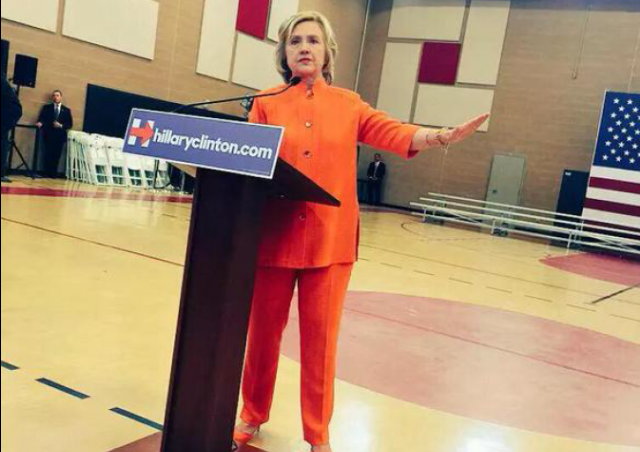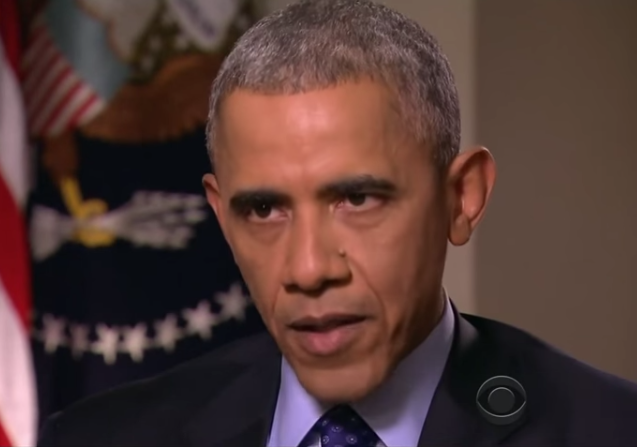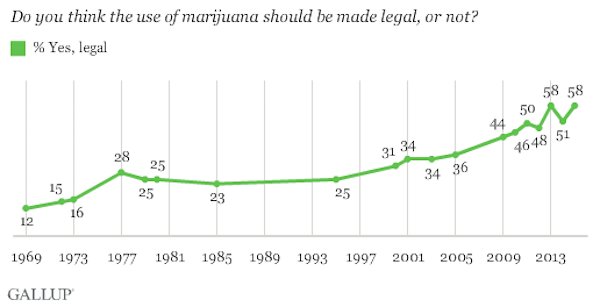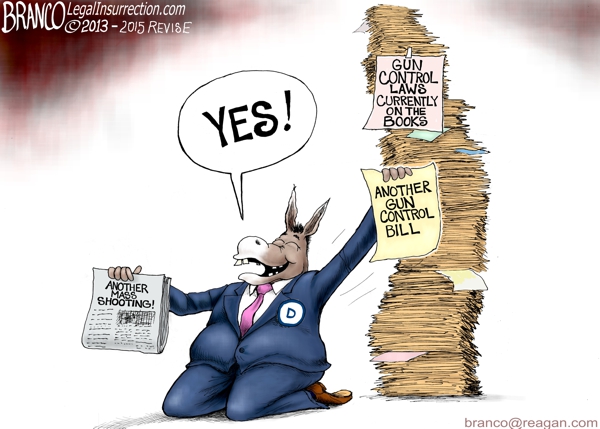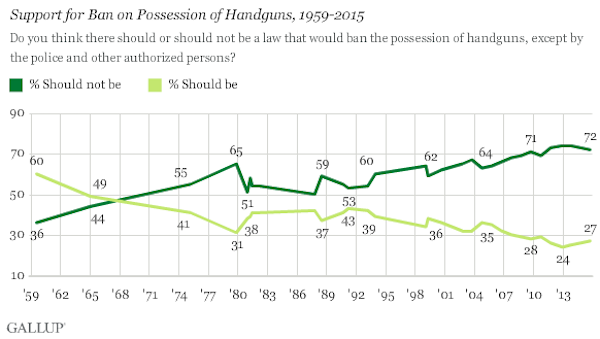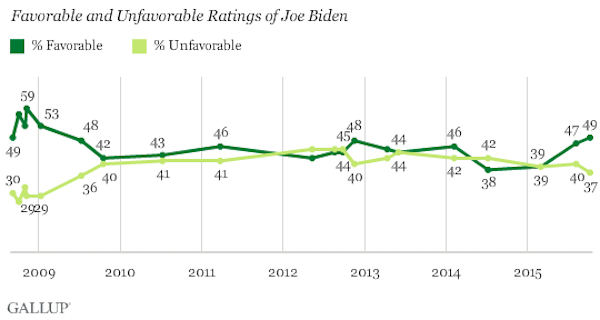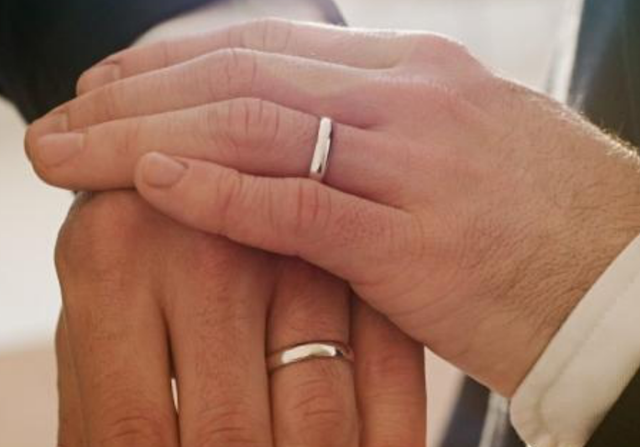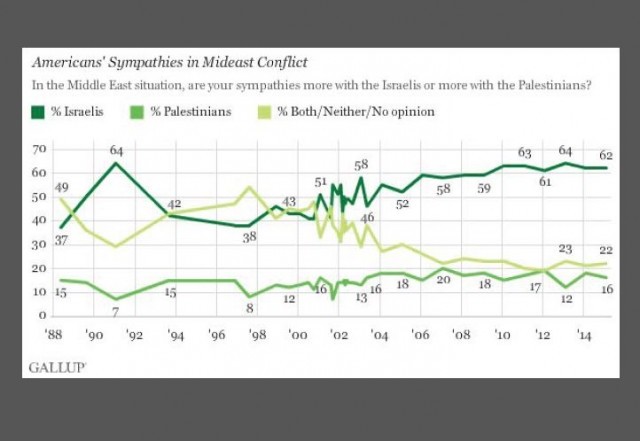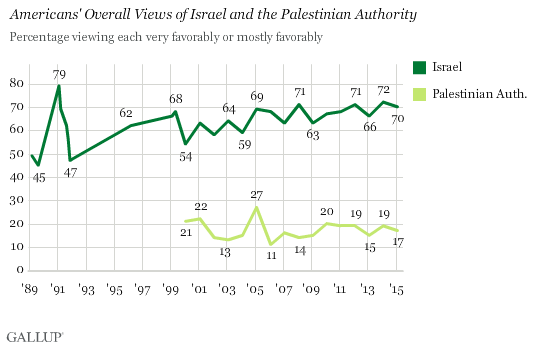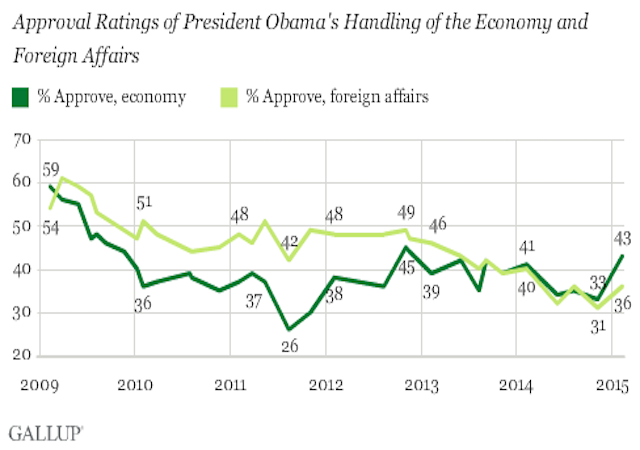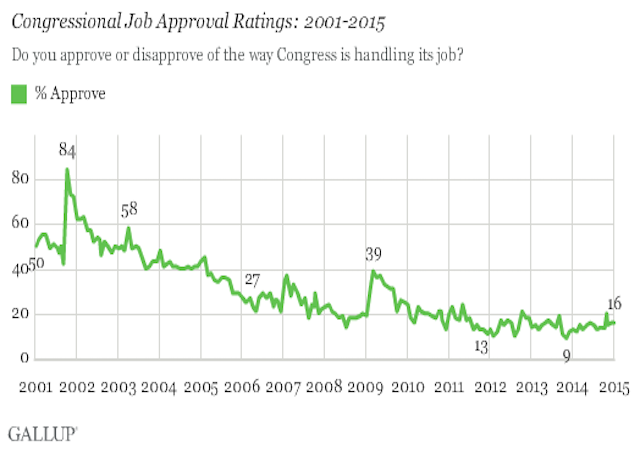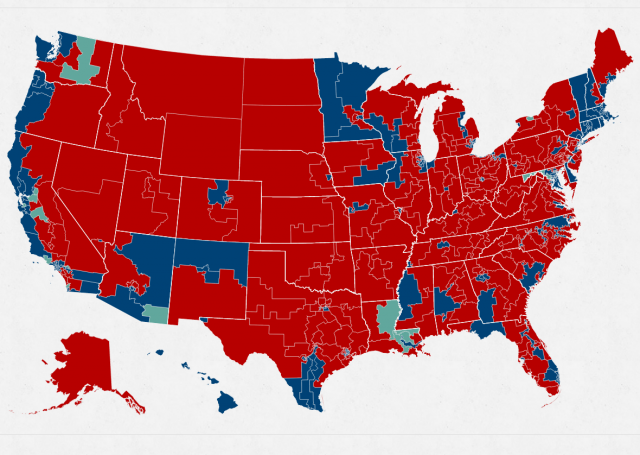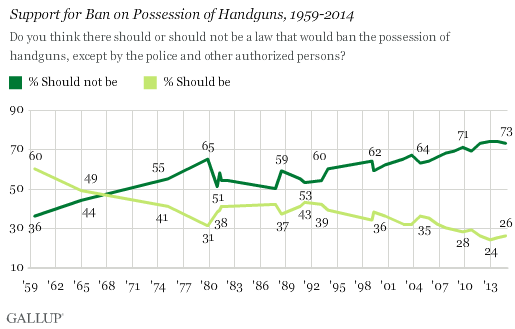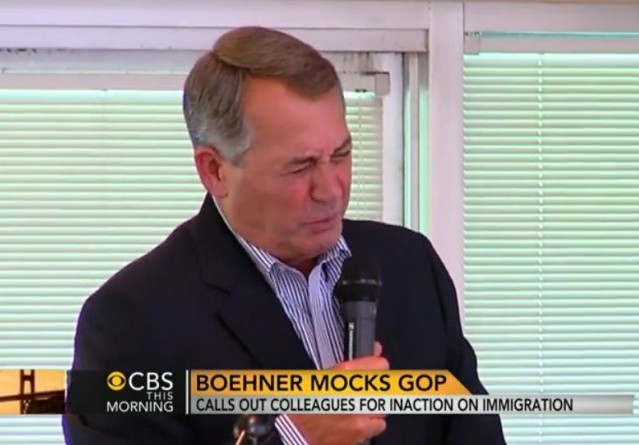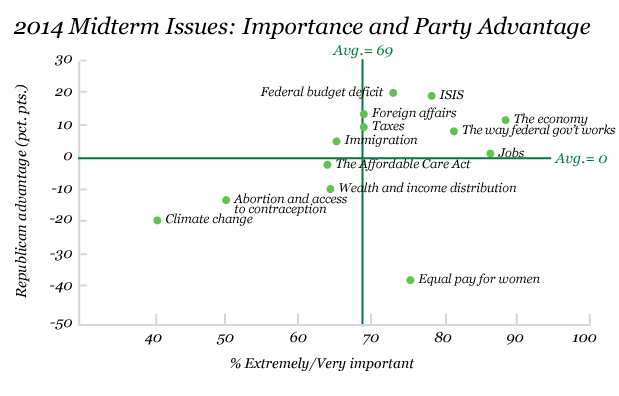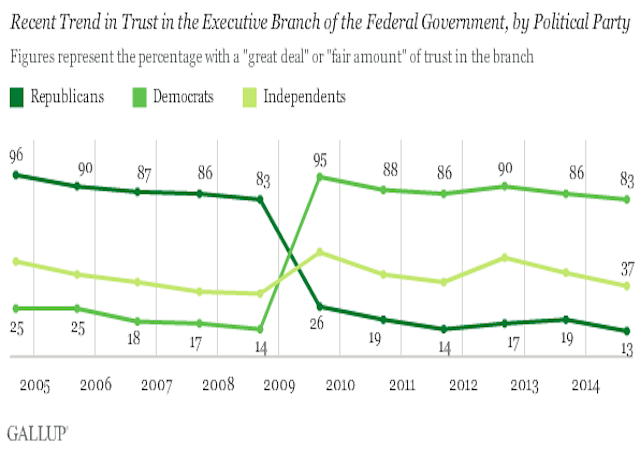Gallup: Those Identifying as Democrat at Historic Low
on January 12, 2016
4 Comments
Given the atmosphere of deep political division that has widened and deepened during Obama's presidency and the clear dissatisfaction among Republican primary voters, Gallup's latest poll on party identification makes sense.
According to Gallup, the percentage of people who identify with either the Democrat or Republican party is "nearing historic" lows.
In 2015, for the fifth consecutive year, at least four in 10 U.S. adults identified as political independents. The 42% identifying as independents in 2015 was down slightly from the record 43% in 2014. This elevated percentage of political independents leaves Democratic (29%) and Republican (26%) identification at or near recent low points, with the modest Democratic advantage roughly where it has been over the past five years.Despite knowing better, I am sometimes surprised by how very few Americans actually identify as Democrat. It seems that they dominate the news and the culture, so it's easy to forget that they make up such an insignificant portion of the electorate. I'm never surprised that Republicans make up an even more insignificant portion.

